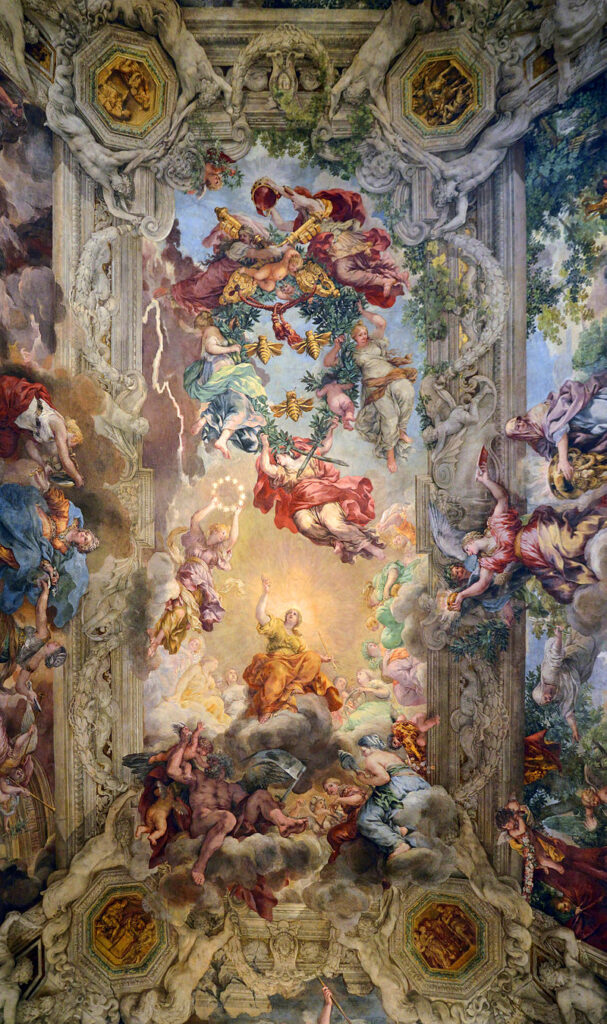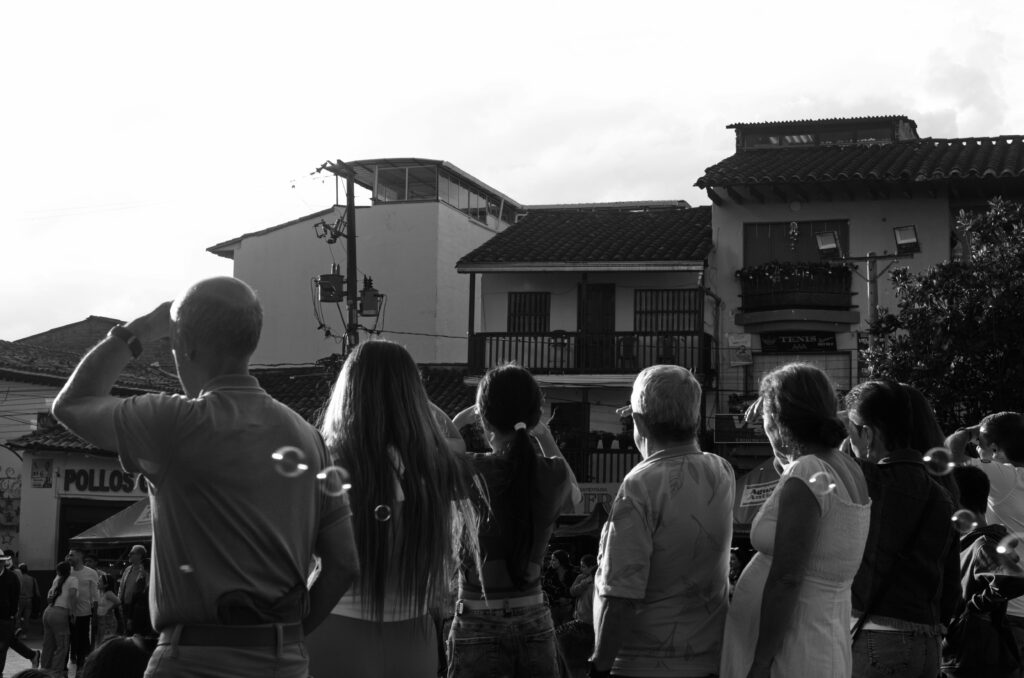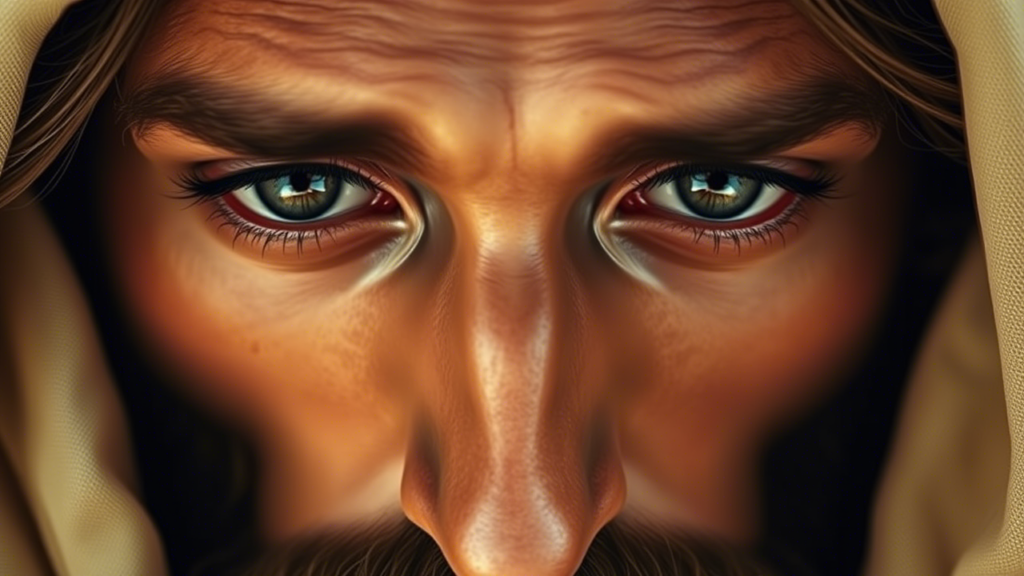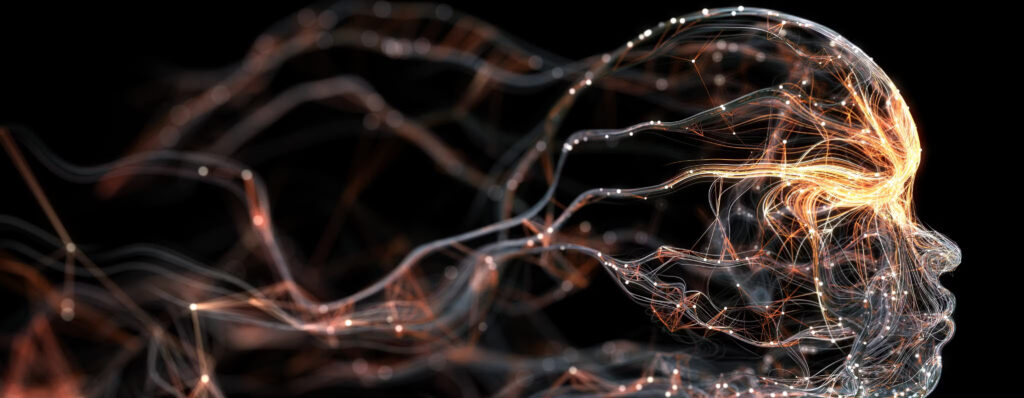Providence: God’s assistance to his creatures
Divine providence: a call to human collaboration in the care of creation and moral good

Rémi Brague has dedicated his book To each according to his needs. A small treatise on the divine economy (Encuentro, 2025, Kindle edition) to providence as “God’s care for creation and his creatures” (RAE). A concise, clear, suggestive book, aimed at considering “the idea that God, after having placed what was created in being, continues to take care of it”. A vision with the voices of classical, ancient, and medieval thinkers, to shed light on the Christian idea of providence: “God gives each creature what it needs to manage on its own” (p. 6).
Saint Thomas Aquinas, referring to providence, points out that “on the one hand, each creature receives from God, according to its level of being, what it needs to achieve it’s good; on the other hand, the higher a creature is on this scale, the more it must act on its own to achieve its good” (p. 19). That is, God moves his creatures according to their condition: natural causes lead to natural acts; voluntary causes lead to voluntary actions (cf. p. 109).
Each being receives from God “what it needs to recognize it’s good, desire it, and achieve it. (…) God always gives the means for each creature to achieve its good” (p. 19). The mineral, the plant, and the human being have an intimate principle that drives them to achieve their good. God counts, in his provident work, on the participation of the human being, constituting himself as a collaborator in the service of creatures. The child relies on the help of his parents, and in general, all human beings, as dependent and vulnerable, require the help of their neighbors. We are shepherds of our children and guardians of our brothers and sisters. Our actions can favor the blossoming of our children or truncate their plenitude.
It is worth remembering what should be obvious: “to expect divine providence to act in our place to do what we could very well do if we were willing to sweat a little, means forgetting that the faculties that would allow us to act are themselves an effect of providence” (p. 112). In this regard, the popular saying comes to mind: “help yourself and God will help you.” We would be wrong to accuse providence of not having done what we could very well have done ourselves. God counts on our freedom and intelligence. We are not a speck of dust thrown into the air, nor mass-men determined by the laws of history, nor puppets digitized by a despotic, though benevolent, God.
God entrusts the human being with what he is. This idea – Brague indicates – is already found in Epictetus, who gives the divine, according to the Stoic school, the proper name of Zeus: “Not only has he constituted you [in what you are], but he has entrusted you (episteusen) and given you in trust (parakatheteto) to yourself (p. 91)”. We have received life and we add life. We are not just another creature in the cosmos. In Psalm II, the praying person says, “The Lord has said to me: You are my son. I have begotten you today”. With such high dignity, it is understood that “God is not at the service of our comfort, nor, in general, of the good as we imagine it. In the case of man, true good (…) is, above all, if not exclusively, moral good, holiness. This good is the good of man insofar as he is primarily a human person,” (p. 101).
God cares for his creatures, he cares for his children in the Son. And does he also care for us when life’s setbacks come? In such situations, where is his hand, his Face? Perhaps it is the time of the night of faith, the night in the garden of Gethsemane, accompanying the suffering Christ.
 (EN)
(EN)
 (ES)
(ES)
 (IT)
(IT)





